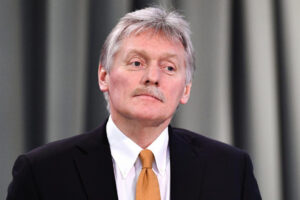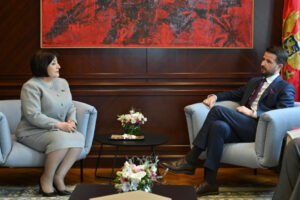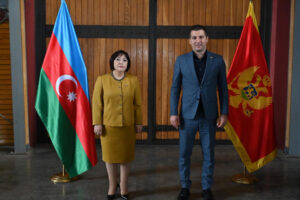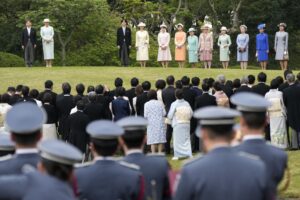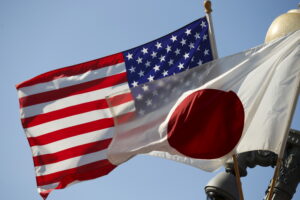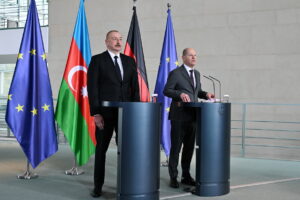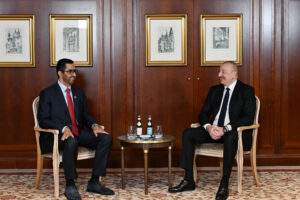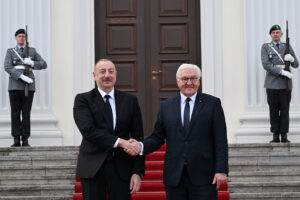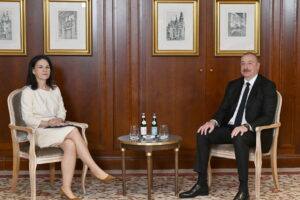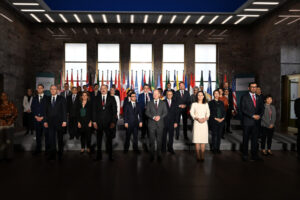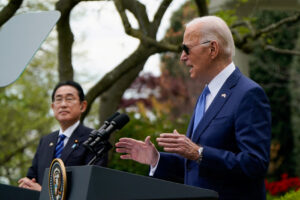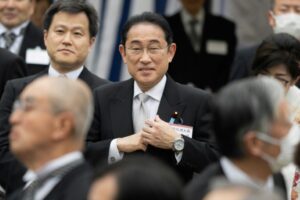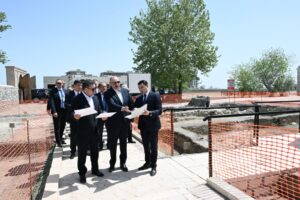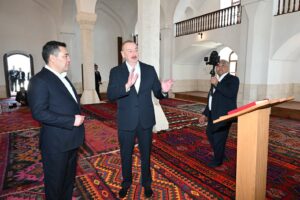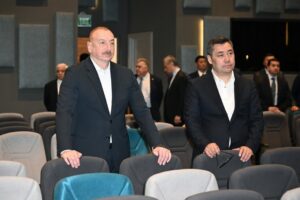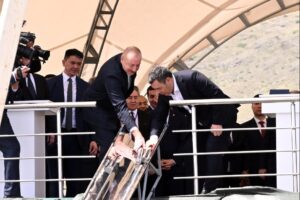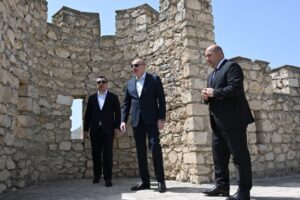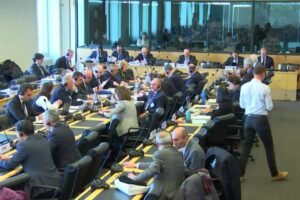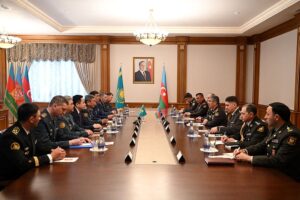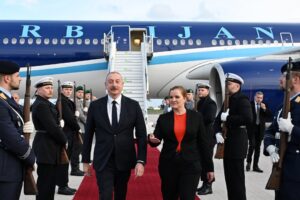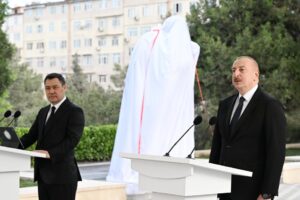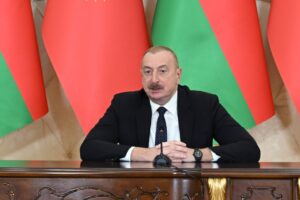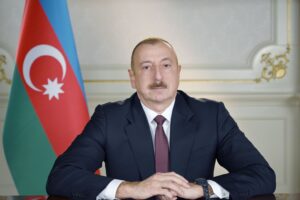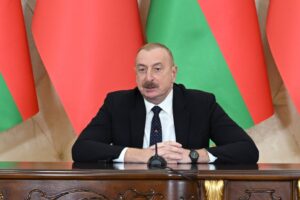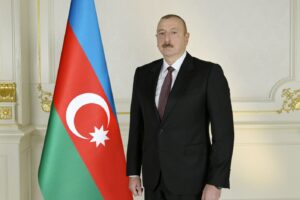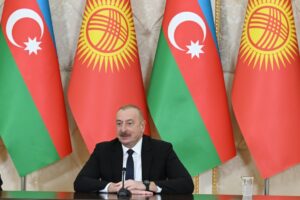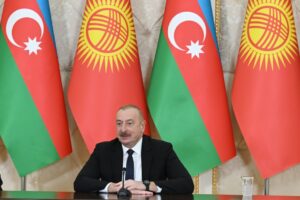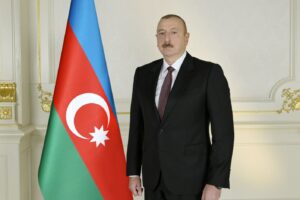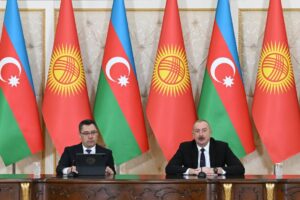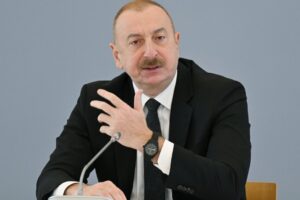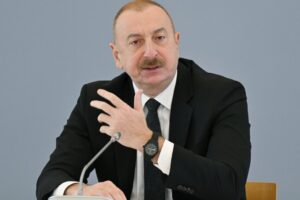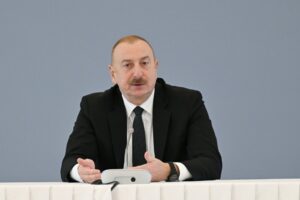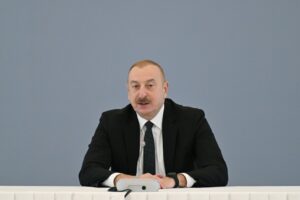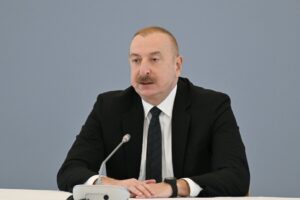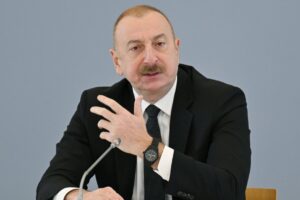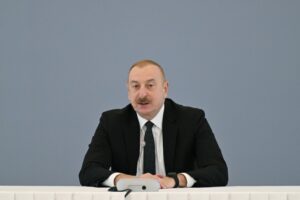Tokyo, 11 March, /AJMEDIA/
TOKYO/SEOUL – Prime Minister Fumio Kishida is considering inviting South Korean President Yoon Suk-yeol to the Group of Seven summit in Hiroshima in May, when the two meet in Japan on Thursday.
Yoon hopes to join the summit of major powers, which Kishida will chair, in the city of Hiroshima. Discussions are progressing to let Yoon participate, a South Korean government source said.
G7 host nations often invite countries outside their framework to related meetings. Even if Kishida decides to invite Yoon, however, the decision may not be announced immediately. Tokyo may announce it alongside invitations to other leaders.
In 2008, then-South Korean President Lee Myung-bak attended outreach events of the Group of Eight summit in Toyako, Hokkaido.
At a liaison meeting between the government and the ruling camp Friday, Kishida reiterated that he “values” Seoul’s plan to resolve the wartime labor issue with Tokyo. The plan calls for a South Korean foundation to pay wartime labor compensation on behalf of Japanese companies ordered to make such payments by South Korea’s Supreme Court.
“Top-level efforts will be made to enhance strategic cooperation between Japan and South Korea as well as among the two nations plus the United States. I’ll exchange opinions with Yoon open-heartedly to improve bilateral relations,” Kishida said.
In the upcoming meeting, Kishida and Yoon are seen agreeing to revive the so-called shuttle diplomacy, or reciprocal visits by the two countries’ leaders, according to a senior official with the Japanese Foreign Ministry.
The two are also expected to use their planned joint news conference to show both internationally and domestically that Tokyo and Seoul have improved their relations.
During the meeting, Yoon is expected to ask Kishida to visit South Korea. Kishida is expected to decide carefully when to make such a visit, taking into consideration public opinion on the wartime labor issue in both countries and the political schedule, including a possible dissolution of the House of Representatives, the lower chamber of Japan’s parliament, for a snap election.
The two leaders will also discuss measures to deal with North Korea, which has repeatedly launched ballistic missiles, and reaffirm trilateral security cooperation including the United States.
Washington has proposed to Tokyo the creation of a new framework to discuss U.S. extended deterrence, including its nuclear umbrella over Japan and South Korea.
Also, a plan has emerged for Kishida and Yoon to jointly announce a document on the outcomes of their meeting.
Yoon will stay in Japan for two days to March 17 and will be accompanied by Foreign Minister Park Jin.
Yoon’s trip will mark the first visit to Japan by a South Korean president in about four years, since Moon Jae-in attended the Group of 20 summit in the city of Osaka in June 2019.
Kishida and Yoon are also expected to affirm bilateral and trilateral security cooperation under the General Security of Military Information Agreement.
South Korea plans to normalize the GSOMIA agreement with Japan as the two nations are moving to improve their frayed relations, officials have said.
The normalization is expected to coincide with Japan’s expected lifting of its export controls on South Korea. It will mark a symbolic step toward stronger security cooperation between the two neighboring nations, as well as trilateral ties with their mutual ally, the United States.
The bilateral intelligence-sharing pact was renewed every year automatically unless either side notified the other of its intention to scrap the deal. But in 2019, Moon’s administration threatened to ditch the deal in retaliation for Tokyo’s tightening of export controls, though it stopped short of doing so because of strong opposition from Washington.
Despite the developments, the defense authorities of Japan and South Korea still share security information, including on North Korean missiles, under GSOMIA. But the pact can be terminated anytime.
On Thursday, a South Korean Defense Ministry spokesperson said the normalization of GSOMIA will be discussed and considered in line with the improvement in the country’s relations with Japan.
A South Korean government official promised to work to bring the situation surrounding the pact back to a state before Tokyo introduced the export restrictions and Seoul threatened to ditch GSOMIA.


